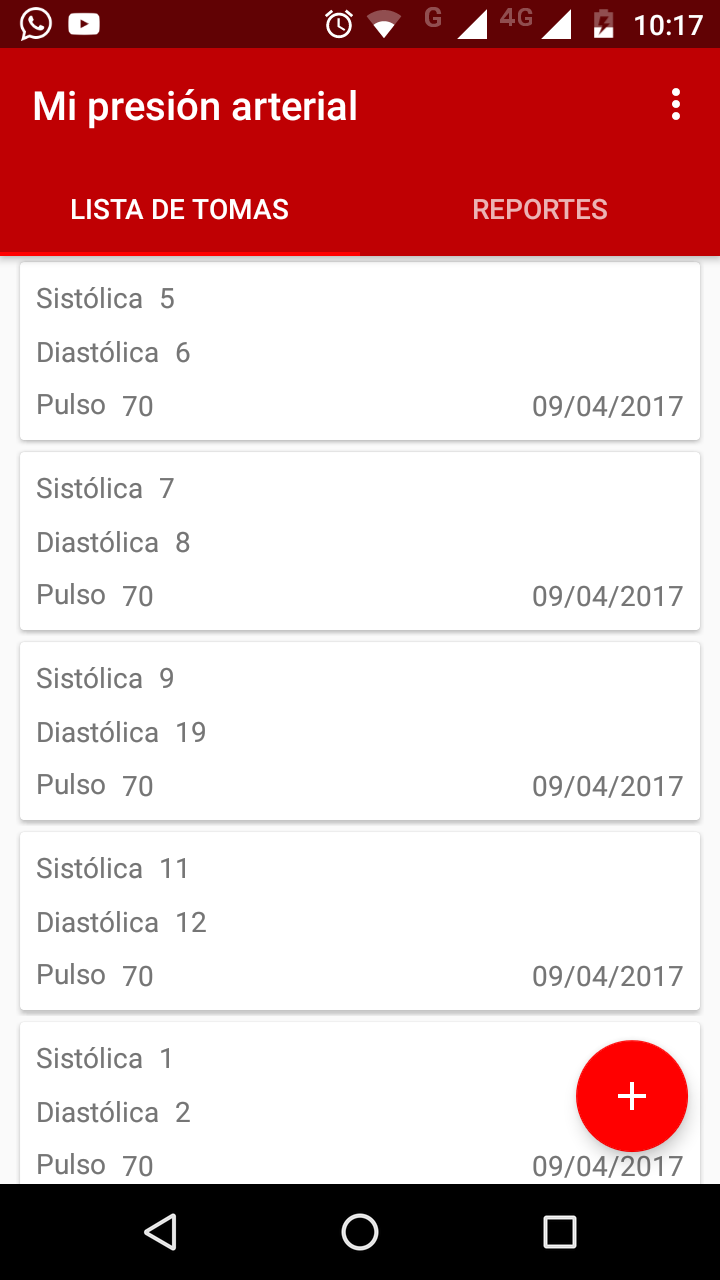可变参数数组是否有 Mockito eq 匹配器?
时间:2023-09-25问题描述
我在尝试匹配作为参数传递给接收可变参数数组的方法的数组时遇到问题.
I have a problem when trying to match an array that is passed as a parameter to a method that receives a varargs array.
其他问题/答案中提到的 anyVararg() 匹配器对我不起作用,因为我想确保提供的数组是我需要的.
我将问题简化为这个更容易理解和抽象问题的示例(我真正的问题是生产代码并且具有业务逻辑,因此对于这个问题的目的来说它会令人困惑):
I reduced the problem to this example which is easier to understand and abstracts the problem (my real issue is production code and has busines logic so it would be confusing for the purpose of this question):
@RunWith(MockitoJUnitRunner.class)
public class UnitTest {
private Object[] objectArray;
private List<Object> expected;
private TestTarget target;
@Before
public void setUp() {
objectArray = new Object[]{ new Object() };
expected = Arrays.asList(new Object(), new Object());
target = Mockito.spy(new TestTarget());
}
@Test
public void testMakeList() { // this pass as eq works well with normal array
doReturn(expected).when(target).toList(Mockito.eq(objectArray));
Assert.assertEquals(expected, target.makeList(objectArray));
}
@Test
public void testMakeList1() { // this one fails as eq is not working with varargs
doReturn(expected).when(target).toList1(Mockito.eq(objectArray));
Assert.assertEquals(expected, target.makeList1(objectArray));
}
@Test
public void testMakeListWithAryEq() { // fails, aryEq is not working with varargs
doReturn(expected).when(target).toList1(AdditionalMatchers.aryEq(objectArray));
Assert.assertEquals(expected, target.makeList1(objectArray));
}
private class TestTarget {
public List<Object> makeList(Object[] objects) {
return toList(objects);
}
public List<Object> makeList1(Object[] objects) {
return toList1(objects);
}
protected List<Object> toList(Object[] objs) {
return null; // Not implemented "Intentionally"
}
protected List<Object> toList1(Object... objs) {
return null; // Not implemented "Intentionally"
}
}
}
当我在课堂上运行测试用例时,第一个测试用例会通过,但其他两个不会通过,既不使用 eq 也不使用 aryEq.显示以下跟踪:
When I run the test cases in the class, the first test case will pass but not the other two, neither using eq nor using aryEq. Showing the following trace:
java.lang.AssertionError: expected:<[java.lang.Object@56d5e457, java.lang.Object@7482384a]> but was:<null>
at org.junit.Assert.fail(Assert.java:88)
at org.junit.Assert.failNotEquals(Assert.java:743)
at org.junit.Assert.assertEquals(Assert.java:118)
at org.junit.Assert.assertEquals(Assert.java:144)
...
发生这种情况是因为 eq 匹配器不适用于 varargs 数组,对于这个用例,是否有任何替代 eq 匹配器的方法?
This happens because the eq matcher is not working with varargs arrays, is there any alternative to the eq matcher for this use case?
推荐答案
好的,我认为这里的答案需要一个自定义构建的匹配器,可以在您的单元测试中这样实现:
Ok, I think the answer here requires a custom built matcher, which can be implemented in your unit test as so:
private class MyVarargMatcher extends ArgumentMatcher<Object[]> implements VarargMatcher {
private Object[] expectedValues;
MyVarargMatcher(Object... expectedValues) {
this.expectedValues = expectedValues;
}
@Override
public boolean matches(Object varargArgument) {
return new EqualsBuilder()
.append(expectedValues, varargArgument)
.isEquals();
}
}
然后,在 testMakeList1() 中将第一行更改为:
Then, in testMakeList1() change the first line to this:
Mockito.doReturn(expected).when(target).toList1(Mockito.argThat(new MyVarargMatcher(objectArray)));
来源:
如何在 Mockito 中正确匹配可变参数
http://maciejmadej.blogspot.com/2011/11/capturing-varargs-argument-using-custom.html
这篇关于可变参数数组是否有 Mockito eq 匹配器?的文章就介绍到这了,希望我们推荐的答案对大家有所帮助,也希望大家多多支持html5模板网!
相关文章
 如何检测 32 位 int 上的整数溢出?How can I detect integer overflow on 32 bits int?(如何检测 32 位 int 上的整数溢出?)
如何检测 32 位 int 上的整数溢出?How can I detect integer overflow on 32 bits int?(如何检测 32 位 int 上的整数溢出?) return 语句之前的局部变量,这有关系吗?Local variables before return statements, does it matter?(return 语句之前的局部变量,这有关系吗?)
return 语句之前的局部变量,这有关系吗?Local variables before return statements, does it matter?(return 语句之前的局部变量,这有关系吗?) 如何将整数转换为整数?How to convert Integer to int?(如何将整数转换为整数?)
如何将整数转换为整数?How to convert Integer to int?(如何将整数转换为整数?) 如何在给定范围内创建一个随机打乱数字的 intHow do I create an int array with randomly shuffled numbers in a given range(如何在给定范围内创建一个随机打乱数字的 int 数组)
如何在给定范围内创建一个随机打乱数字的 intHow do I create an int array with randomly shuffled numbers in a given range(如何在给定范围内创建一个随机打乱数字的 int 数组) java的行为不一致==Inconsistent behavior on java#39;s ==(java的行为不一致==)
java的行为不一致==Inconsistent behavior on java#39;s ==(java的行为不一致==) 为什么 Java 能够将 0xff000000 存储为 int?Why is Java able to store 0xff000000 as an int?(为什么 Java 能够将 0xff000000 存储为 int?)
为什么 Java 能够将 0xff000000 存储为 int?Why is Java able to store 0xff000000 as an int?(为什么 Java 能够将 0xff000000 存储为 int?)
 如何使用 SimpleDateFormat.parse() 将 Calendar.toString()How can I Convert Calendar.toString() into date using SimpleDateFormat.parse()?(如何使用 SimpleDateFormat.parse() 将 Calendar.toString() 转换为日期?)
如何使用 SimpleDateFormat.parse() 将 Calendar.toString()How can I Convert Calendar.toString() into date using SimpleDateFormat.parse()?(如何使用 SimpleDateFormat.parse() 将 Calendar.toString() 转换为日期?)